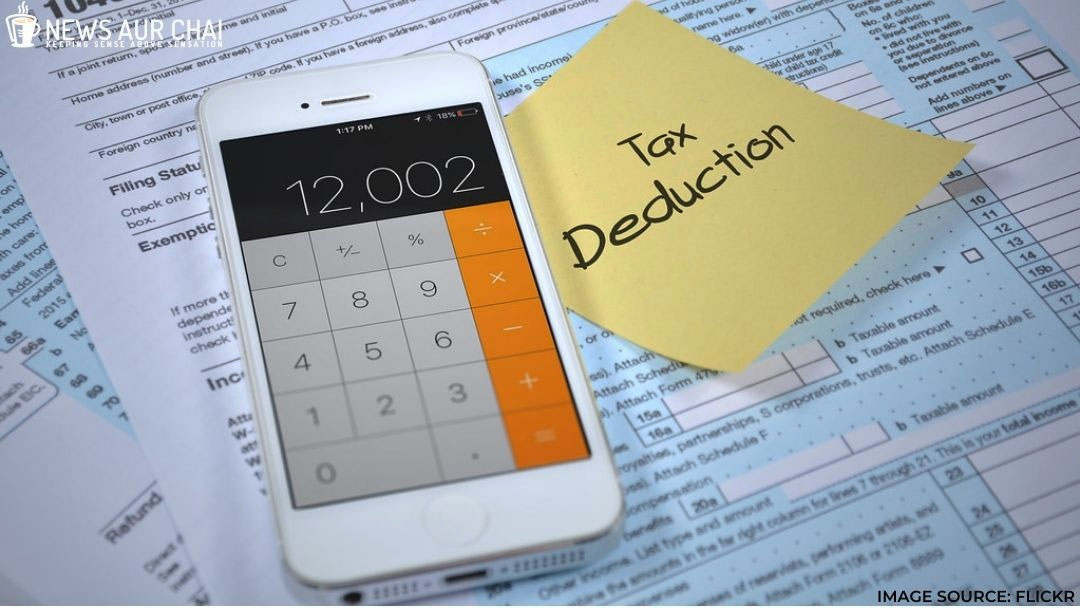
In order to widen and deepen the tax net by bringing participants of e-commerce (i.e. vendors selling through e-commerce portal) within the tax net, the union budget 2020 had introduced Tax Deduction at Source (TDS) on E-Commerce business by inserting a new section 194-O in the Income Tax Act, 1961. This section states that, an e-commerce operator before making any gross payment to resident e-commerce participant, has to deduct tax and remit the same to Government, and the credit can be availed by such e-commerce participant.
First, we need to understand the 4 keywords explained in this section:
“electronic commerce” means the supply of goods or services or both, including digital products, over digital or electronic network.
“e-commerce operator” means a person who owns, operates or manages digital or electronic facility or platform for electronic commerce;
“e-commerce participant” means a person resident in India selling goods or providing services or both, including digital products, through digital or electronic facility or platform for electronic commerce;
“services” includes ‘‘fees for technical services’’ and fees for ‘‘professional services’’, as defined in the Explanation to section 194J.’
When tax needs to be deducted?
Where the sale of goods or provision of services by an e-commerce participant is facilitated by an e-commerce operator through its digital or electronic facility or platform (by whatever name called), such e-commerce operator shall deduct tax at the earliest of
- at the time of credit of the amount of sale or services or both to the account of an e-commerce participant; OR
- at the time of payment thereof to such e-commerce participant by any mode.
At what rate tax needs to be deducted?
At the rate of 1 per cent if e-commerce participant has furnished PAN / Aadhaar, otherwise at the rate of 5 per cent.
What if the customer pays directly to E-Commerce Participants instead to E-Commerce operator?
If any payment is made by a purchaser of goods or recipient of services directly to an e-commerce participant for the sale of goods or provision of services or both, facilitated by an e-commerce operator, then it shall be deemed that amount is credited or paid by the e-commerce operator to the e-commerce participant and Tax needs to be deducted under this section.
Is there any kind of basic exemption limit for Individual & HUF?
If you are an individual or Hindu undivided family and the gross amount of such sale of goods or services or both during the year does not exceed Rs. Five lakh, and you have furnished your Permanent Account Number or Aadhaar number to the e-commerce operator, then in that case tax will not be deducted under the said section.
If Tax is not applicable or deducted under this section, then will it be applicable under other section of this act?
No, if tax has been deducted under this act or not required to be deducted, then, in that case, it won’t be liable for deduction under any other provision of Chapter on Tax Deduction of Source (TDS) of the Income Tax Act.
What about hosting advertisements or providing any other services which are not connected in this section?
It shall not apply to any amount or aggregate of amounts received or receivable by an e-commerce operator for hosting advertisements or providing any other services which are not in connection with the sale of goods or services as this will fall under Equalisation Levy.
Can I apply for Lower Deduction certificate under this section?
Yes, application for lower deduction certificate can be submitted.
From when this section is applicable?
1st October 2020.






2 Comments